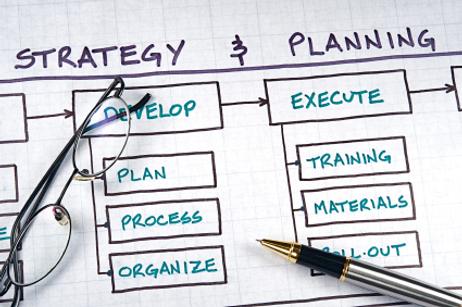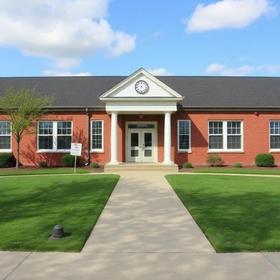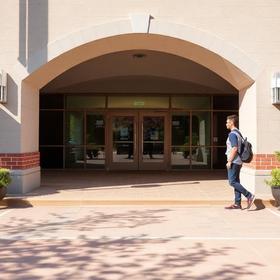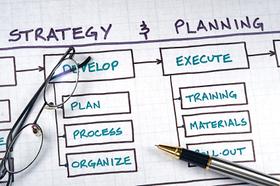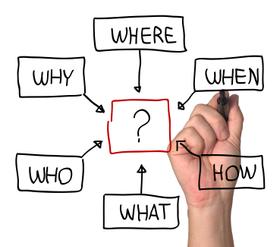I have interviewed hundreds of job applicants over the years. I can assure you that a job interview will contain all kinds of traps. Sometimes the interviewer sets the traps. She will build questions into her interview script so she can see how you handle unexpected situations. Other times you will unknowingly set a trap for yourself by making a statement which the interviewer determines is worth exploring in greater detail. Against that backdrop, let's review how to handle some of those traps which might occur when you interview for that job as the math teacher at St. Agatha's Academy.
1. Do some role-playing.
Preparing for a job interview is an essential part of the process if you truly want the job. That's because the competition is a lot tougher these days. Public schools and colleges and universities have been down-sizing their teaching staffs. There are many reasons for this, but the bottom line is that more qualified education professionals are applying for teaching jobs than ever before.
How should you prepare for your interview? A few weeks before your interview do some role-playing, enlist the aid of a trusted friend or family member to play the part of the interviewer. Dress up in your interview outfit. Do the role-playing in a setting similar to what you might expect for the interview, such as an office or a table in Starbucks. The 16th-century adage that 'practice makes perfect' applies to your job interview. You will be amazed at





